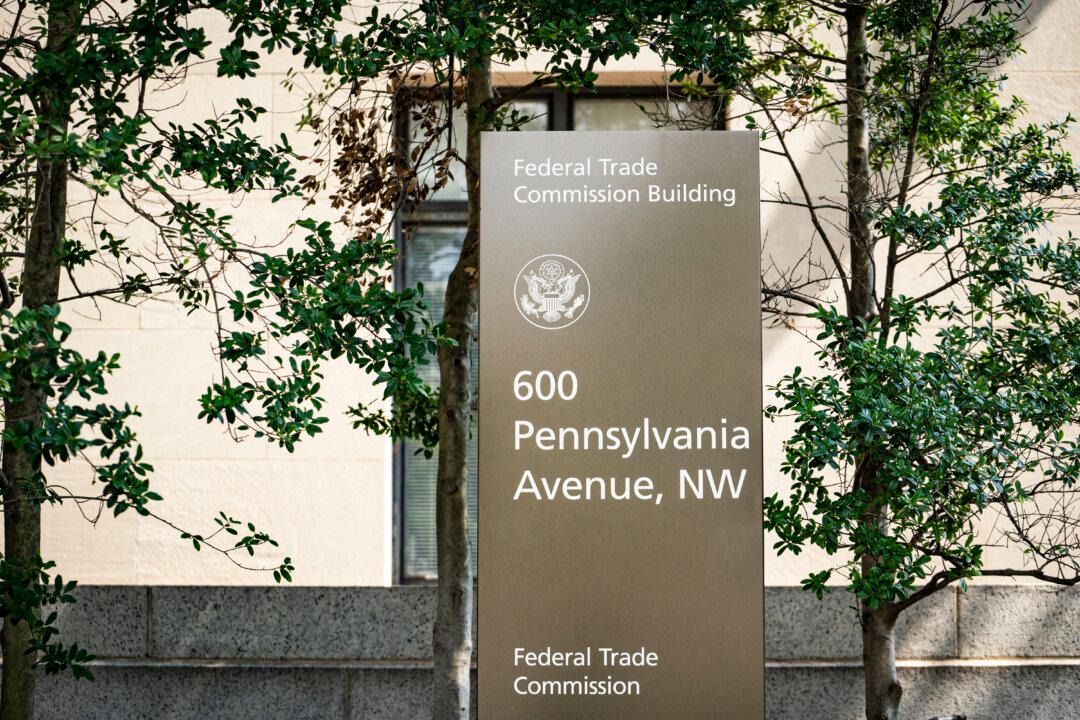Ahead of the 2025 NFL season, the Federal Trade Commission (FTC) sent a letter to StubHub, the largest ticket exchange and resale business in the United States, calling for strict compliance with the agency’s new Rule on Unfair or Deceptive Fees, the FTC said in a statement on May 14.
FTC Warns StubHub Over Apparent Failure to List Total Price of Tickets
The warning comes as the agency and the Justice Department are inquiring about unfair practices in the entertainment and live concert industries.

The Federal Trade Commission (FTC) in Washington on Aug. 6, 2024. Madalina Vasiliu/The Epoch Times




